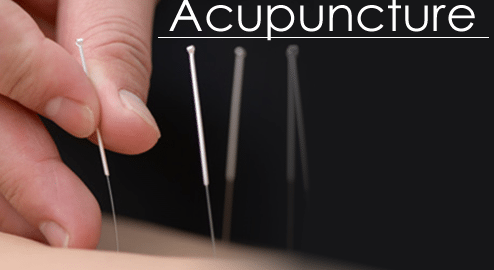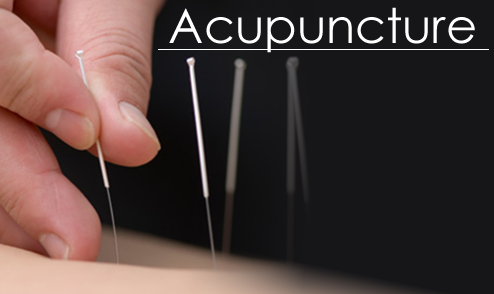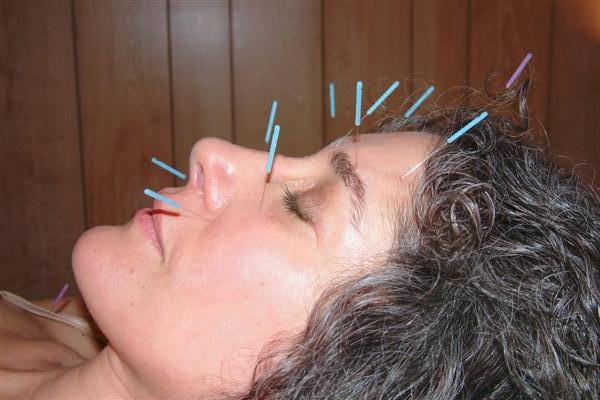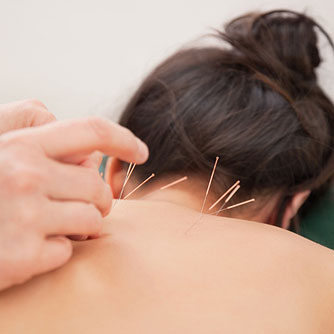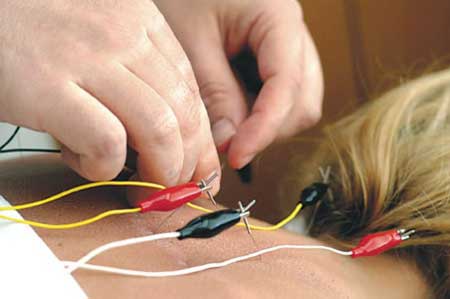I will start by saying this about Western medicine. The presumption is not that complementary and alternative methods of treatment engaged around world, such as herbals, are ineffective. The premise is that any treatment measure needs thorough research, testing and analysis before approval and adoption. The scientific method simply asks for proof to be established prior to recommending a course of treatment. This approach is taken for your safety. If you appreciate that sentiment, you should understand how and why the practice of complementary and alternative medicine (CAM) is allowed but not necessarily recommended as a first line treatment. Physicians have no stakes in pharmaceutical companies’ profit aspirations; in fact, we’re quite aware of them.
Acupuncture is among the oldest treatment modalities in the world, having been practiced in several Asian countries for thousands of years (most notably China). It’s obvious effectiveness in the Far East has generated a call for it to be subjected to the scientific method to better define how to integrate its use into Western medicine.
Here are some frequently asked questions on acupuncture.
What is acupuncture?
Acupuncture is a series of procedures that stimulate various anatomical points of the body. To accomplish that, the skin is penetrated with thin metallic needles. Alternatively, electric stimulation may be used. Theoretically, this stimulation releases internal pain-reducing hormones and other chemicals we use to heal ourselves.
Why is it used?
The treatment of pain is a pretty big reason for the use of acupuncture, including the following conditions:
- persistent acute lower back pain
- headache and migraine
- chronic pain, particularly neck and back pain
- joint pain
- dental pain
- post-operative pain
Some acupuncturists use acupuncture to treat additional considerations not related to pain, including the following conditions:
- post-operative nausea and vomiting
- allergies, including hay fever and eczema
- fatigue
- depression and anxiety
- digestive disorders, including irritable bowel syndrome (IBS)
- infertility and menstrual disorders
- insomnia
Is it safe?
In the hands of a qualified practitioner, acupuncture is associated with relatively few side effects. However, there are multiple potentially serious consequences if not performed properly, including infections and rupture of organs through puncture. To that end, the U.S. Food and Drug Administration (FDA) requires acupuncture needles to be sterile, nontoxic, and labeled for single use by qualified practitioners.
Is it being used in the U.S.?
According to the National Institutes of Health and a National Health Interview Survey conducted in 2007, over 3 million adults and 150,000 children had used acupuncture in the previous year. That’s one of every 100 people!
How does it work?
This is the answer being sought by current research efforts. Research is investigating methods of actions, appropriate medical indications and performance of different instruments used in the process.
What should I expect from a visit to a qualified acupuncturist?
- You should expect to provide a picture of your overall health.
- You should not expect much pain. These needles are hair-thin.
- You should expect to feel energized or relaxed.
- You should not expect a medical diagnosis. Acupuncturists are therapists, not physicians.
Most treatments require at least a few weeks of sessions. If you’re a sufferer from chronic pain and are at wit’s end, consider acupuncture. I prefer you did that than become a chronic and habitual user of narcotics.
Feel free to contact your Personal Healthcare Consulltant with any questions you have on this topic.
Thanks for liking and following Straight, No Chaser! This public service provides a sample of what http://www.SterlingMedicalAdvice.com (SMA) offers. Please share our page with your friends on WordPress, Facebook @ SterlingMedicalAdvice.com and Twitter at @asksterlingmd.
Copyright © 2014 · Sterling Initiatives, LLC · Powered by WordPress

